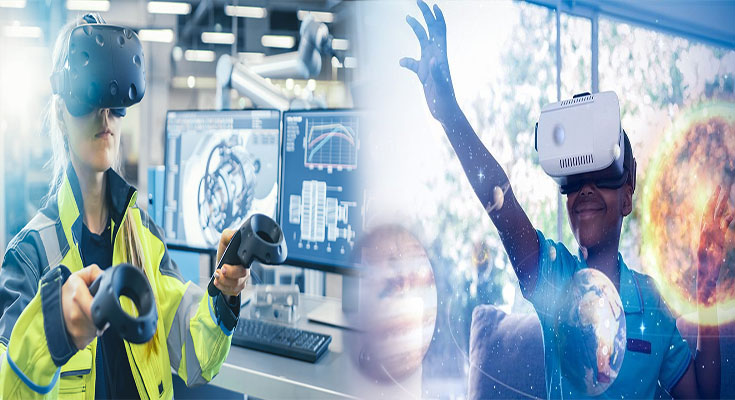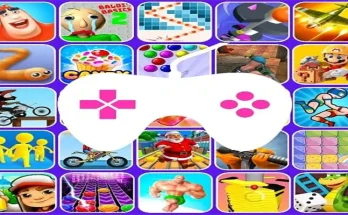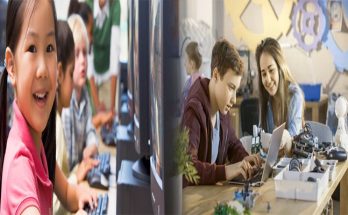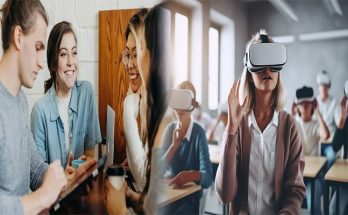In recent years, virtual reality (VR) technology has emerged as a powerful tool in transforming the landscape of education. By immersing students in realistic and interactive virtual environments, VR has the potential to revolutionize traditional learning methods and enhance educational experiences significantly. From engaging simulations to immersive field trips, the role of virtual reality in education is redefining how knowledge is acquired, understood, and retained.
Enhanced Engagement and Immersion:
Virtual reality offers a level of engagement and immersion that traditional teaching methods often struggle to replicate. By transporting students to virtual landscapes, historical events, or scientific phenomena, VR captivates their attention and creates a memorable learning experience. The interactive nature of VR encourages active participation, enabling students to explore concepts firsthand and engage with the material in a way that fosters deeper understanding and retention.
Experiential Learning Opportunities:
One of the key benefits of virtual reality in education is its ability to provide experiential learning opportunities that would otherwise be inaccessible. Through VR simulations, students can engage in hands-on experiences that simulate real-world scenarios, such as conducting lab experiments, exploring cultural landmarks, or practicing complex procedures in a safe and controlled environment. This experiential learning approach not only enhances practical skills but also boosts critical thinking and problem-solving abilities.
Customized Learning Experiences:
Virtual reality allows for the customization of educational content to cater to individual learning styles and preferences. Teachers can develop personalized VR experiences tailored to the unique needs of each student, whether through interactive tutorials, visualizations of abstract concepts, or adaptive learning modules. This personalized approach to education promotes student engagement, motivation, and ultimately leads to more effective learning outcomes.
Global Learning Reach:
Virtual reality transcends geographical boundaries and brings educational opportunities to students irrespective of their location. Through VR technology, students can embark on virtual field trips to museums, historical sites, or even outer space, expanding their horizons and exposing them to diverse cultures and perspectives. This global reach not only enriches the educational experience but also fosters empathy, tolerance, and cross-cultural understanding among learners.
Interdisciplinary Exploration:
Virtual reality serves as a bridge across different disciplines, enabling students to explore interdisciplinary connections and applications. By integrating VR technology into various subjects, such as science, history, art, and literature, educators can create multidimensional learning experiences that encourage holistic thinking and creativity. Students can see the interconnectedness of knowledge domains and gain a deeper appreciation for the complexities of the world around them.
Enhanced Retention and Comprehension:
Studies have shown that immersive learning experiences facilitated by virtual reality technology lead to higher levels of information retention and comprehension. The multisensory nature of VR, coupled with its ability to create emotional connections and spatial memory cues, enhances the brain’s ability to process and store information effectively. As a result, students are more likely to remember and apply what they have learned in VR-enhanced educational settings.
The role of virtual reality in enhancing educational experiences is undeniably transformative, offering endless possibilities for innovation and learning enrichment. As educators and institutions continue to integrate VR technology into curricula, the potential for engaging, interactive, and personalized learning experiences is boundless. By harnessing the power of virtual reality, education can be elevated to new heights, empowering students to explore, discover, and learn in ways that were once unimaginable.





